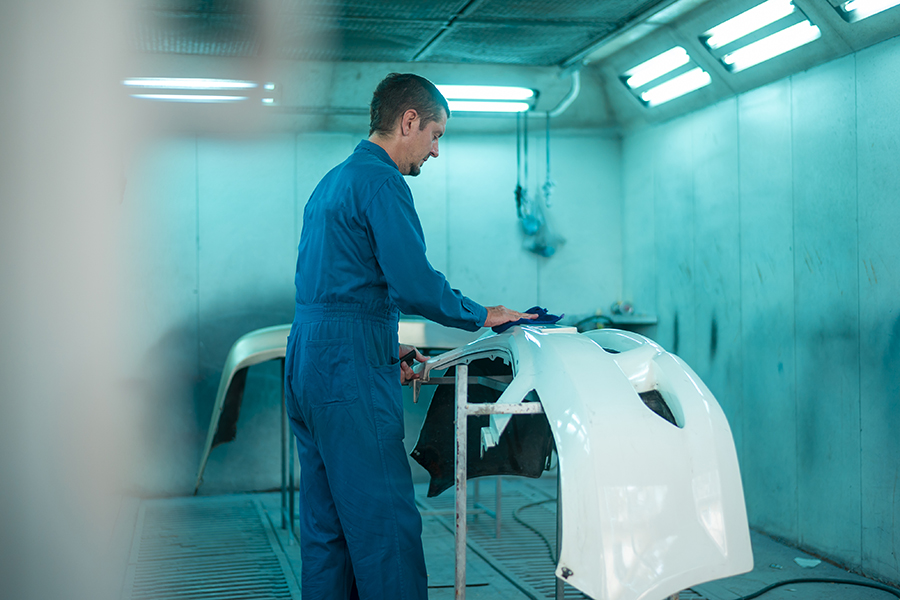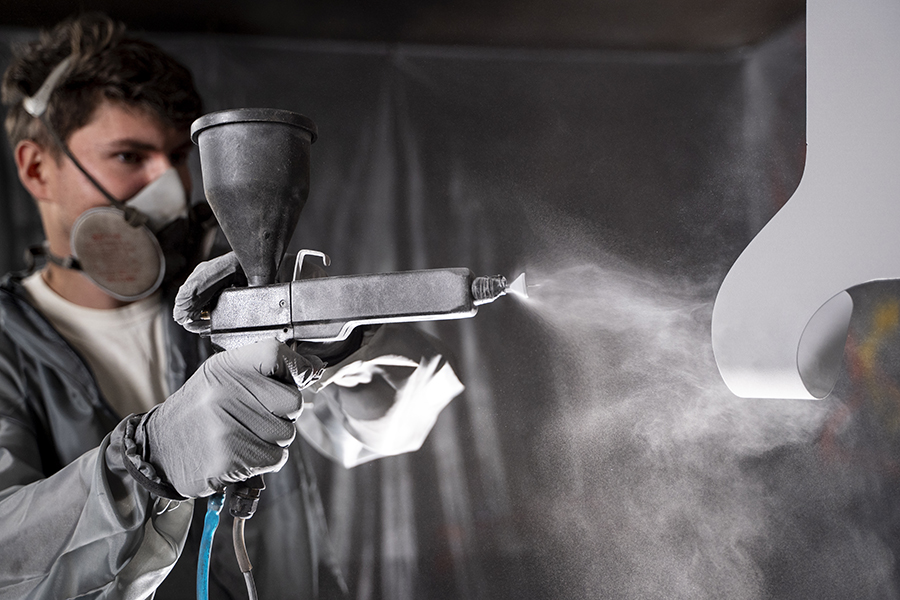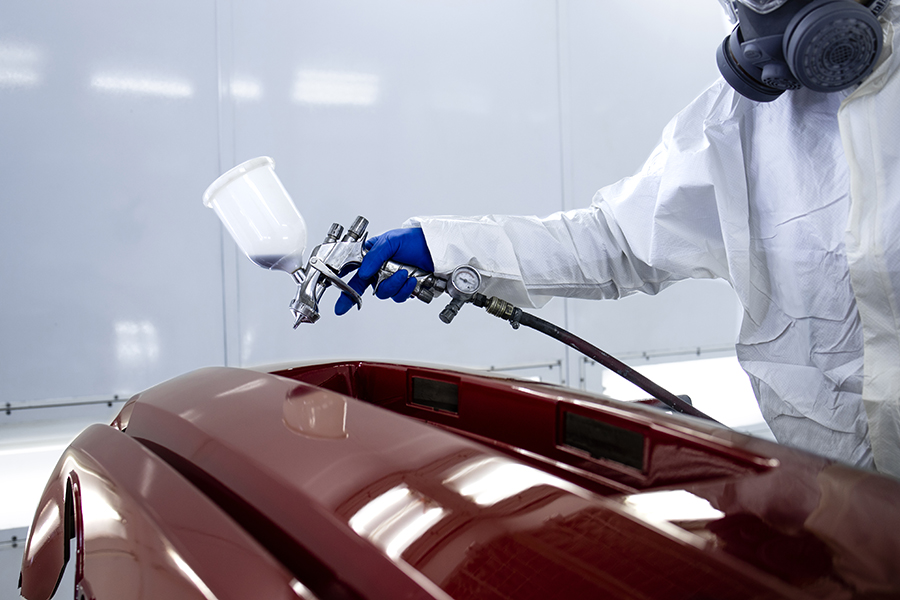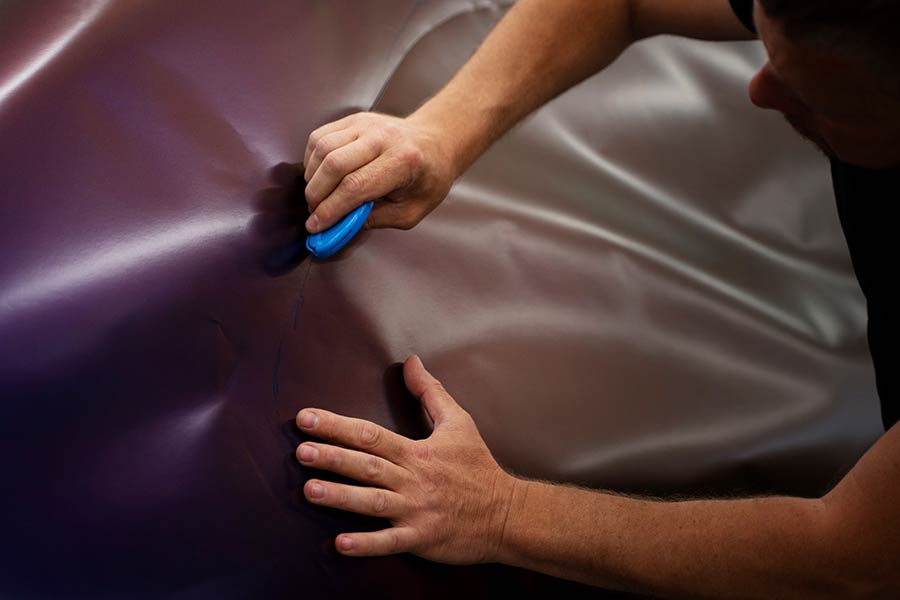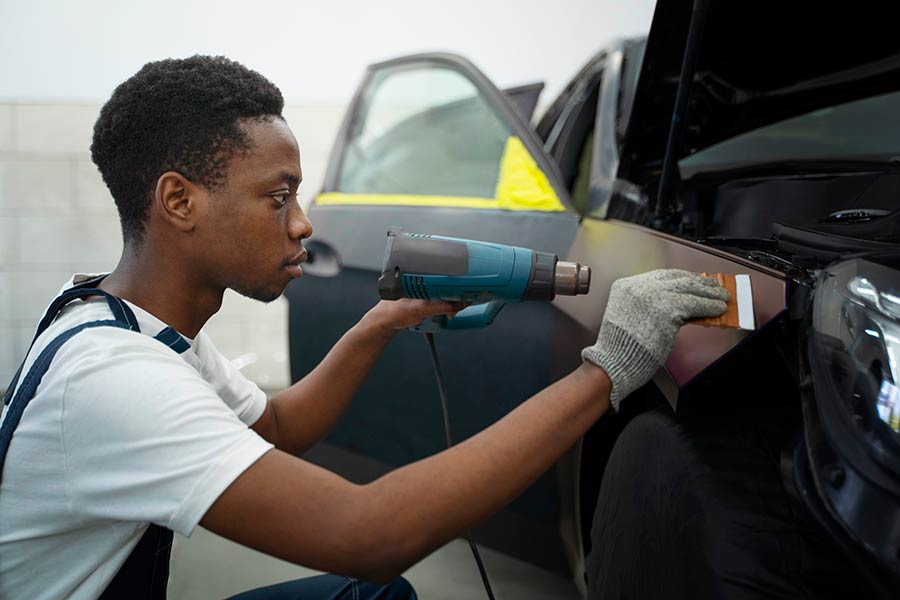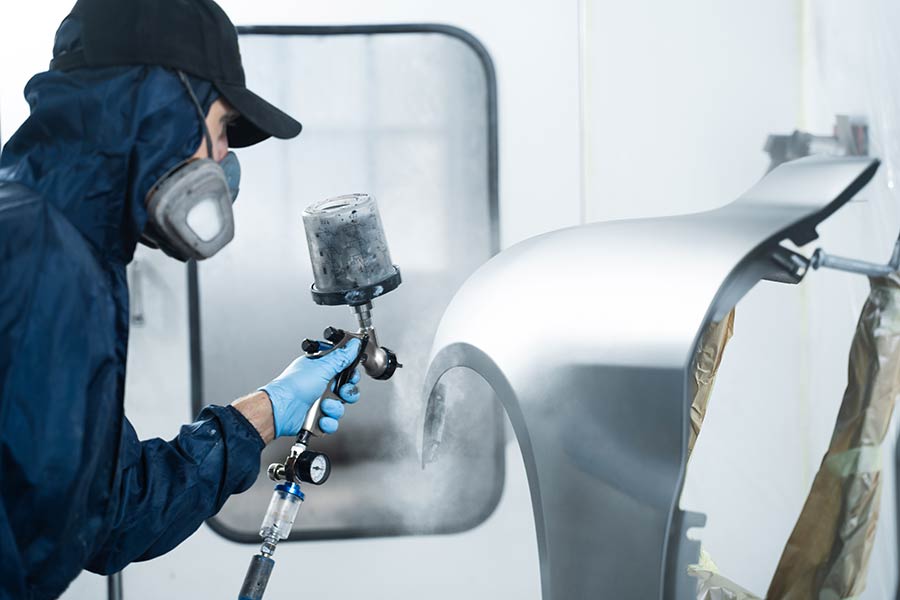Ever wonder how your car could look brand new again? The magic lies in the world of body shop car paint. It's like giving your ride a fresh coat of confidence. Imagine cruising down the street with a shine so bright, it turns heads. But it's not just about looks; the right paint job can protect your car from the elements, too. We'll dive into the ins and outs of what makes body shop car paint special and why it matters. Ready to discover the secrets behind that perfect finish?
Key Takeaways
- Know Your Paint: Learn about different car paints. It helps in choosing the right one for your car.
- Fix Scratches Fast: Small scratches can be fixed easily. Act quickly to prevent bigger problems.
- Pick the Right Shop: Choose a body shop with good reviews. This ensures quality work.
- Care After Painting: Follow post-paint care tips. It keeps your car looking new longer.
- Budget Wisely: Understand costs before you start. This helps avoid surprises.
- Ask Questions: Don't hesitate to ask the body shop about their services and products used.
Understanding Car Paint
Types of Car Paint
There are several types of car paint. Acrylic paint is easy to apply. It gives a shiny finish but is less durable. Enamel paint is more robust and resistant to wear. It provides a glossy look and lasts longer. Urethane paint is the most durable. It withstands harsh conditions and offers a smooth finish.
Water-based paints are better for the environment. They release fewer harmful fumes than solvent-based paints. Solvent-based paints, however, offer a tougher finish.
Factors Affecting Paint Choice
Several factors affect your choice of car paint. The age and condition of your vehicle matter. Older cars might need different paint types than new ones.
Climate plays a role too. In sunny areas, UV-resistant paint is crucial. Cold or wet climates may require more durable options.
Personal preferences also count. Some people prefer bold colors, while others like subtle shades. The finish can be matte or glossy based on taste.
Benefits of Quality Paint
Quality paint enhances your car's look. A well-painted car looks newer and more appealing. This can increase its resale value.
It also protects against rust and corrosion. Good paint forms a barrier against moisture and air.
Finally, quality paint lasts longer with less upkeep. This means fewer touch-ups over time.
Car Paint Repair Solutions
Common Paint Issues
Peeling and fading are signs of paint damage. Peeling happens when paint loses grip on the car's surface. Fading occurs due to sun exposure over time. Bubbling and cracking often result from poor application techniques. These problems can make a car look old. Mismatched colors arise from improper repairs. They make the car's appearance uneven.
DIY vs Professional Repair
DIY repair can save money, but it requires skill. A person must know how to use tools and materials properly. Mistakes can lead to more damage. Professional repair ensures quality work. Experts have experience and tools for the job. They provide a finish that lasts longer than most DIY attempts.
Steps in Paint Repair
Surface preparation is the first step in paint repair. Clean the area to remove dirt and grease. This helps new paint stick better. Apply primer after cleaning. It smooths the surface and improves paint adhesion. Allow the primer to dry completely before moving on.
Next, apply the paint evenly over the primed area. Use thin layers for a smoother finish. Let each layer cure properly before adding another one. Curing ensures durability and prevents future issues.
Body Shop Services
Comprehensive Paint Services
Body shops offer a range of paint services. Color matching ensures the new paint blends perfectly with the old. This makes repairs seamless. Custom finishes add a unique touch to your car. They can make it stand out.
Scratch and dent repair is also available. Technicians fix these issues before painting. This ensures smooth surfaces. Clear coat application adds protection. It keeps the paint looking fresh for longer.
Importance of Expert Technicians
Technicians play a key role in paint services. They use proper techniques and equipment. This ensures high-quality results every time.
Expert technicians reduce errors. Mistakes can be costly and need rework. Consistent results save time and money. You can trust their work to last.
Choosing the Right Shop
Picking the right body shop is important. Look for certifications and customer reviews. These show the shop's credibility and past performance.
Check the shop's cleanliness and organization. A tidy shop often means careful work. Ask about warranties and service guarantees. These protect you if something goes wrong.
Post-Paint Care Tips
Maintenance for Long-Lasting Shine
Regular washing and waxing keep the car paint bright. Wash your car every two weeks. Use gentle soap and water to avoid damage. Wax it every three months for extra protection. When parked, use protective covers. They shield the paint from sun, rain, and dust. Avoid harsh chemicals and abrasives. These can scratch or dull the paint.
Products to Use and Avoid
Choose pH-balanced car wash soaps. They clean without harming the paint. Avoid silicone-based waxes and polishes. They can leave a cloudy finish on the surface. Use microfiber cloths for cleaning and drying. They are soft and don't scratch the paint.
Regular Inspection and Touch-Ups
Schedule routine inspections for chips and scratches. Checking every few months is good practice. Perform touch-ups promptly to prevent rust. Rust spreads quickly if not treated. Keep a small paint kit for minor repairs. It helps fix tiny chips before they grow.
Cost Considerations
Factors Influencing Cost
Different factors can change the cost of painting a car at a body shop. Paint type and color complexity play a big role. Special colors or finishes often cost more. Labor costs also affect pricing. Shops in busy areas might charge higher rates. Additional services like detailing can add to the final bill.
Budget-Friendly Options
There are ways to save money on car painting. Paintless dent repair is good for small dents. This method skips paint, saving both time and money. Partial repainting is another option. Instead of a full respray, only certain parts get painted. Some shops offer discounts during certain times of the year. Look for these promotions to cut costs.
Value of Investment
Investing in car paint can be worth it. A fresh coat increases a vehicle's lifespan and performance. It also boosts its aesthetic appeal and owner satisfaction. A well-painted car attracts attention and pride from owners. It enhances trade-in or resale value significantly. Buyers are willing to pay more for a car that looks new.
Final Remarks
Alright, folks, you've journeyed through the world of car paint and body shop services. Now you know the ins and outs of keeping your ride looking slick and shiny. From understanding those paint layers to picking the right repair solutions and knowing what to expect cost-wise, you're all set. It's like having a toolkit for your car's beauty routine.
But hey, don't just sit on this knowledge. Get out there and give your car the TLC it deserves. Whether it's a new paint job or just some post-paint pampering, make sure your vehicle turns heads. And remember, a little care goes a long way in keeping that paint job fresh. So, go ahead—make your car the talk of the town! If you’ve got questions or need help, reach out to your local body shop experts. They’re there to help you every step of the way.
Frequently Asked Questions
What is the difference between car paint types?
Car paint types include acrylic, enamel, and urethane. Acrylic is like a quick-dry option, enamel offers durability, and urethane provides a glossy finish. Each has its pros and cons depending on your needs.
How do body shops match car paint colors?
Body shops use advanced computer systems and specialized tools to match your car's color. They mix paints until they achieve a seamless blend. It's like finding the perfect puzzle piece for your car.
How long does car paint repair take at a body shop?
It usually takes a few days to a week, depending on the damage. Think of it like baking a cake; you can't rush perfection!
What should I do after getting my car painted?
After painting, avoid washing your car for two weeks. It's like letting nail polish dry—patience is key! Also, park in the shade to protect the finish.
How much does it cost to repaint a car at a body shop?
Repainting costs vary widely, from $500 to $5,000. It depends on factors like the paint type and car size. It's an investment in your car's beauty and health.
Can I fix small paint chips myself?
Yes, you can! Touch-up kits are available for minor chips. It's like putting a band-aid on a scrape—simple yet effective.
Is it worth repainting an older car?
If your car's value justifies the cost or if you love it dearly, then yes! It's like giving an old friend a makeover—it revives their spirit.
